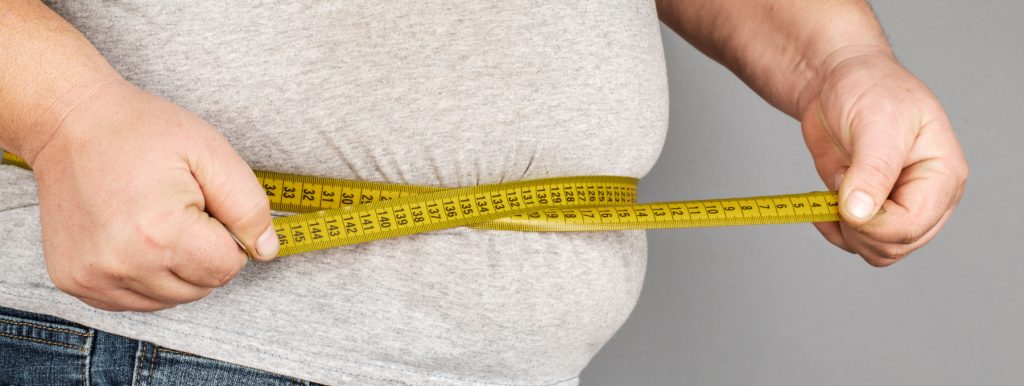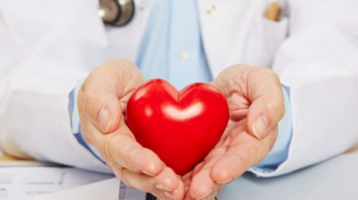The causes of obesity are complex and influenced by many factors. While research has shown links between sleep, eating habits and weight gain, scientists are still unsure about the role of the circadian system – the biological clock – in shaping eating habits. However, a new study from researchers at Brown University’s Warren Alpert Medical […]
Why Do We Sleep? An Age-Old Question Revisited
The average human being spends roughly one-third of their lives sleeping. Yet we do not yet fully understand the function and importance of sleep. While researchers have long been aware of the restorative processes that the body undergoes during deep sleep, what is still not clear is — why do we sleep? One thing that […]
Can Using Less Energy During the Day Lead to Obesity?
Obesity is defined as having a body mass index (BMI) of 30 or more. Being overweight or obese increases the risk of health problems such as high blood pressure and type 2 diabetes. Schedules and individual sleep, eating and exercise rhythms can also impact health by either complementing or contradicting the body’s natural circadian rhythm. […]
Circadian Rhythm and Diabetes Risk: What’s the Connection?
Is there a link between the circadian rhythm and diabetes risk? New research on how an increase in exposure to artificial light over the past years may be contributing to higher rates of insulin resistance is helping to establish a connection between circadian rhythm function and Type 2 diabetes. Here is what you need to […]
Sleep Problems Among Nurses Increased During the Pandemic
Due to the nature of the job, with its inherent stress and the necessity of shift work, sleep problems among nurses were common occurrences long before COVID-19 hit the scene. Insufficient and poor-quality sleep are both linked to a higher risk of developing depression and anxiety. As the COVID-19 pandemic developed, nurses were working under […]









